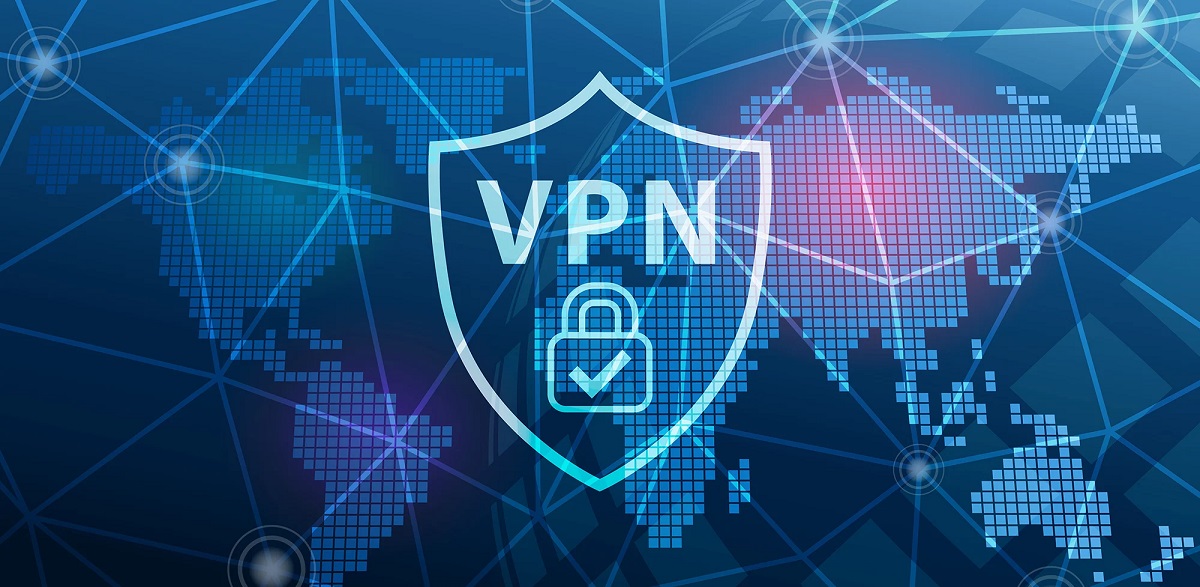Virtual Private Network, or VPN, is the abbreviation for joining your computer or network to a private network that is not visible from the outside. Virtual tunnels connect to private networks, and Internet Protocol Security (IPsec) VPNs secure these tunnels by using IPsec encryption.
The acronym for Internet Protocol Security is IPsec. IPsec is a secure network technology that offers secure communication between two devices by encrypting and authenticating data packets.
You will discover comprehensive information about IPsec VPNs in this blog. Let’s start now!
What is IPsec VPN?
An encrypted link between two or more computers is a virtual private network (VPN). The data transmitted over VPN connections happen over open networks, but because it is encrypted, the data and the IP address remain private.
The public Internet and other shared network infrastructure can be used to access and exchange private data thanks to VPNs securely. For instance, staff members who work from home rather than in the office frequently utilize VPNs to access company files and networks.
These encrypted connections are created and maintained by several VPNs using the IPsec protocol family. Not all VPNs, nevertheless, employ IPsec. While IPsec operates at the same layer as SSL/TLS in the OSI model, SSL/TLS is another VPN protocol.
By logging into a VPN software, or “client,” users can access an IPsec VPN. Normally, the user must have the app installed on their phone or tablet for this to work.
Passwords are typically used for VPN logins. Even though data sent through a VPN is encrypted, attackers can access the VPN and steal this data if user passwords are stolen. By preventing access from being gained only through password theft, two-factor authentication (2FA) can improve IPsec VPN security.
Depending on the user’s requirements, various IPsec-based VPN configurations are possible. Often, a combination of clients, servers, firewalls, and routers employs IPsec. Interoperability is essential since these components may come from different suppliers.
IPsec VPNs make it easy for users to access corporate network resources. Since access does not always require a web browser (it can be done without one), they are a good option for software that needs to automate communication in both directions.
IPsec Encryption
Each IP packet is subject to the security safeguards provided by IPsec’s network-layer security architecture, which effectively protects them with particular safety measures like data source authentication, confidentiality protection of data content, and more. Due to their compatibility with the majority of apps, IPsec VPN solutions are among the most widely used methods for securing site-to-site and remote access connections.
Confidentiality
Data is encrypted and decrypted using a cryptographic technique and a secret key, a number that is only known by the two parties exchanging data. Only someone in possession of the secret key can decrypt the information, protecting it from being accessed by unauthorized parties. While it is theoretically possible to use IPsec without encryption, it is not recommended.
Integrity
IPsec likewise searches for data altering while the information is being sent. A cryptographic checksum of the information delivered with a secret key that has been settled upon can be utilized to build a message validation code, which will guarantee the integrity of the information (not the same as the encryption secret key).
Authentication
To ensure that network traffic and data are only transferred to the intended and authorized endpoint, each IPsec endpoint confirms the identity of the other endpoint it wishes to speak with.
Are there any drawbacks of IPsec VPN?
IPsec VPNs have drawbacks. Here are a few of them:
- Dedicated Client VPN
VPN software is often required on all the devices you plan to use IPsec VPNs. It is impossible to access corporate networks without a device running the required VPN client. You must download and install the VPN client software that your company uses, for instance, if you require remote access while away from your work laptop. Because client software is required, any problems with the software will prevent users from using the VPN.
- Extended Access Range
Because it allows access to the entire subnet of the network, IPsec has a big drawback. If you connect remotely to your corporate network from your home network, for instance, you can use every device on your network. Vulnerabilities found on network-connected devices can spread across your company’s network unless appropriate security procedures are in place to prevent access.








Add Comment